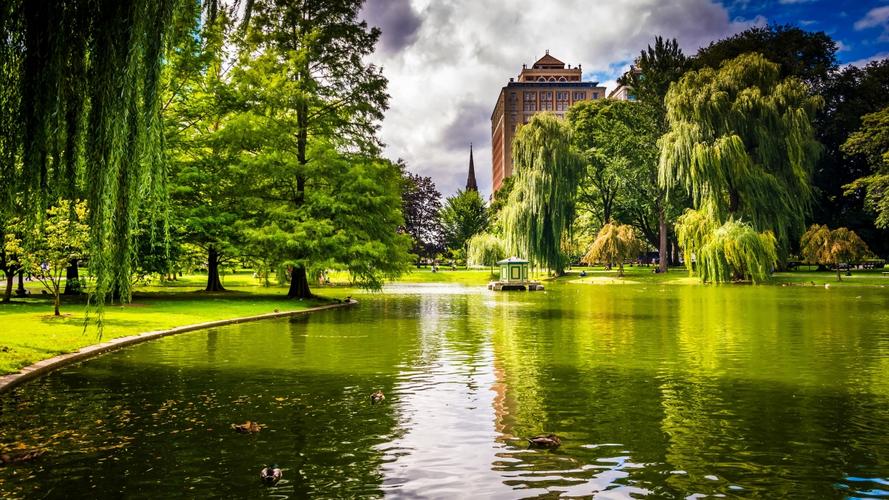Exploring China’s Cultural Revolution: A Journey Through Its Cultural and Historical Significance
China’s Cultural Revolution was a pivotal era that transformed the country’s cultural, political, and economic landscape. It was a time of radical upheaval that aimed to create a classless society. This article explores China’s Cultural Revolution and delves into its cultural and historical significance.
What Was China’s Cultural Revolution?
From 1966 to 1976, China underwent a period of intense social, cultural, and political change, known as the Cultural Revolution. The movement was spearheaded by Mao Zedong, the founding father of the People’s Republic of China, who believed that the country was straying from its Marxist roots.
At its core, the Cultural Revolution aimed to purge “counter-revolutionary” elements from Chinese society. This included intellectuals, artists, and anyone who was deemed to be associated with Capitalism. As a result, millions of people were subjected to public humiliation, imprisonment, and torture.
The Impact of the Cultural Revolution on China
The Cultural Revolution had a profound impact on China, shaping the country’s cultural, political, and economic landscape. On the one hand, it reinforced Mao’s grip on power, cementing his position as the undisputed leader of China. On the other hand, it created widespread social and economic instability, resulting in a lost decade for the country.
One of the most significant impacts of the Cultural Revolution was the destruction of China’s cultural heritage. Countless artifacts, books, and buildings were destroyed during this time, with traditional Chinese culture being wiped out in favor of Maoist ideology.
The Legacy of China’s Cultural Revolution
Despite its devastating impact, the Cultural Revolution had a profound cultural and historical significance, both within China and around the world. It remains a subject of intense interest among scholars and historians, who continue to analyze its impact on Chinese society.
As a significant event in modern Chinese history, the Cultural Revolution has also been the subject of numerous literary and artistic works. Works that reflect on the tragedy and loss that occurred. As China continues to develop, there are efforts to preserve what is left of its cultural heritage and to come to terms with the legacy of the Cultural Revolution.
Conclusion
China’s Cultural Revolution was a crucial period in the country’s history, and its impact continues to be felt to this day. Although it was a time of great upheaval and destruction, it has also fostered an appreciation of Chinese heritage and identity. As we explore China’s cultural and historical significance, it is essential to acknowledge the role played by the Cultural Revolution in shaping modern China.
(Note: Do you have knowledge or insights to share? Unlock new opportunities and expand your reach by joining our authors team. Click Registration to join us and share your expertise with our readers.)
